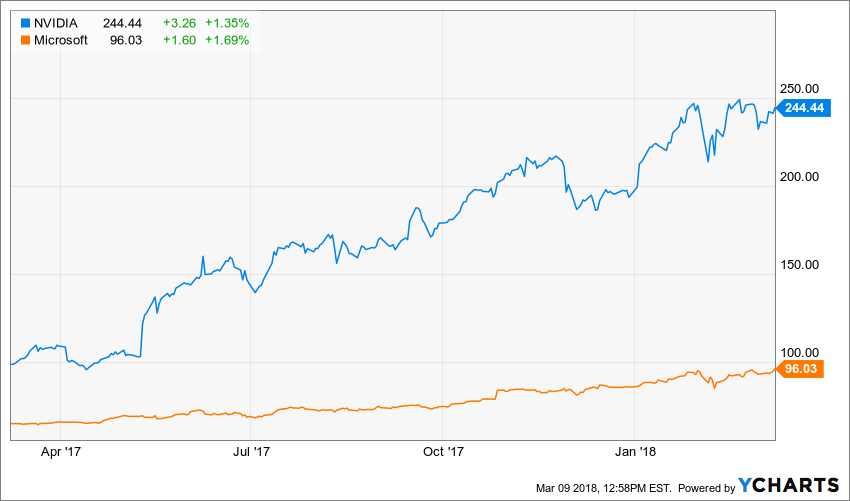The regulators are coming after cryptocurrency quick-buck artists. Big surprise, right? In Japan, regulators just shut down two exchanges. This could be a preview of what could happen in the U.S., writes Jon Markman, editor of The Power Elite and Tech Trend Trader.
That’s because the Securities and Exchange Commission recently said digital tokens are securities, and therefore should be regulated. Meanwhile, a federal judge March 7 ruled that cryptocurrencies are commodities and therefore should be regulated by the U.S. Commodity Futures Trading Commission.
Advocates say regulation is a good thing. Longer term, they are right. Shorter term, get ready for some pain.
Regulation crypto-nation
The SEC warning is stark. Government lawyers believe the current cryptocurrency ecosystem has become a haven for fraudsters. It is the role of the SEC is make certain investors have clarity. That means full disclosure by issuers of securities. That means a fair method of exchange.
Right now, none of that is happening.
For investors, it is buyer beware. Issuers of digital tokens are making wild claims. Exchanges give investors the impression of order, but they are making up the rules on the fly. There is no uniformity of fees, or exchange, for that matter.
As for security, it seems that most exchanges are no safer than Arizona stagecoaches in the 1880s.
In Japan, cyber bandits knocked over two exchanges, making off with $500 million. Japanese regulators suspended trading for one month at two exchanges, and started to fortify others.
According to CoinDesk, the Financial Services Agency mandated that five Japanese exchanges improve their security. Tech Bureau, GMO Coin, Mister Exchange, Bicrements and Coincheck must submit written proposals by March 22. That’s less than two weeks from today.
And you can bet, this is only the beginning.
Cryptocurrencies have always threatened the rule of law. In the early days of Bitcoin, the first digital coin, its decentralized architecture and anonymity attracted people with something to hide. It became the currency of choice among drug traffickers and money launderers on the dark web.
These days, the demographic is larger, filled with mistrustful millennials and hedge fund managers.
Last November, the Internal Revenue Service filed a John Doe summons against Coinbase, a popular U.S. digital coin exchange. The Feds are seeking personal data on millions of its clients.
Coinbase has vowed to fight in court. Good luck with that.
In the end, the Feds will get what they want. Or they will change the rules.
And that brings me back to my first point. Looking long term, involving the U.S. and other government regulators in cryptocurrency is a good thing. It will bring order, clarity and fair exchange. Regulation will shake out the charlatans.
I’m not one of those people who believe cryptocurrency is a fad. I believe it fills a legitimate void created by the inherent weaknesses of fiat currencies. Nobody, not even central bankers, should be able to create currency out of thin air.
Related story: New Government Coins Pose Existential Threat to Cryptos
Cryptocurrencies are decentralized. Their underlying architecture cannot be hacked, so digital coins cannot be duplicated. They are scarce, by design.
And while many cryptocurrencies exist today, that will not last. Most have no use case. Eventually, investors will come to that realization. Interest will wane. Very few will survive.
Scrutiny by regulators will hasten that process.
Related story: Why Most Crypto Altcoins are Going to Zero
To be sure, there will be ebbs and flows. Most digital coins are not going to zero in a straight line. Speculators will find no shortage of opportunities to trade. Sometimes the results will be spectacular. But most should understand it is a game of musical chairs. At some point, the music will stop.
I have been telling my members to focus on what is real.
Bitcoin mining is real. CNBC recently reported that a secretive Chinese bitcoin mining company may have earned up to $4 billion in 2017. There is still plenty of runway for companies like Nvidia (NVDA). Its high-end graphics cards have become the tool of choice for the artificially intelligent software used to mine cryptocurrencies.
Blockchain is real. The distributed ledger beneath bitcoin may be more important than the digital coin itself. Blockchain has the potential to bring speedy, trustless verification to many parts of the global economy plagued by intermediaries. As digital replaces analog, blockchain is a logical fit.

Microsoft (MSFT) is a key player. Although the stock has been a big winner, it is early in the blockchain sweepstakes. The leverage of its blockchain-as-a-Service is not fully reflected in the share price.
In the interim, cryptocurrency investors should be careful what they wish for. Regulation is a double-edged sword.
Best wishes,
Jon D. Markman
Subscribe to Jon Markman’s Power Elite newsletter here
Subscribe to Jon Markman’s Tech Trend Trader here
Subscribe to Jon Markman’s Strategic Advantage here











